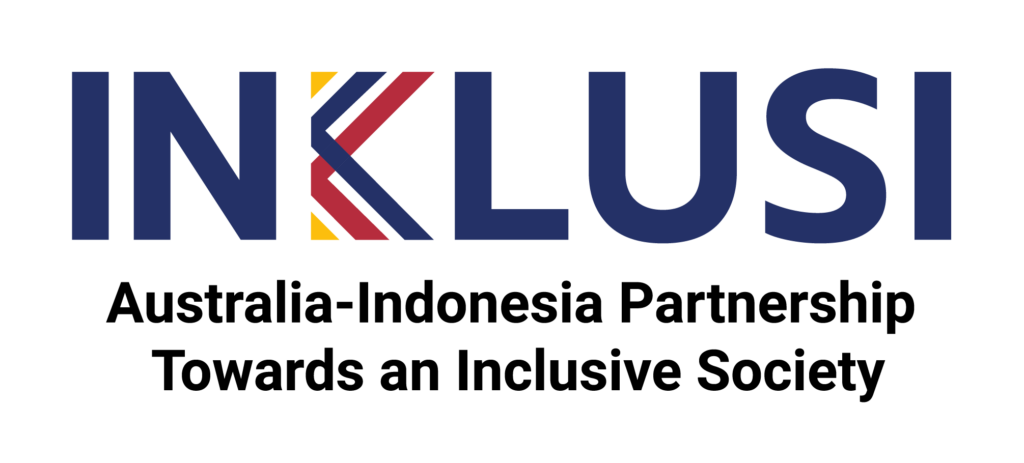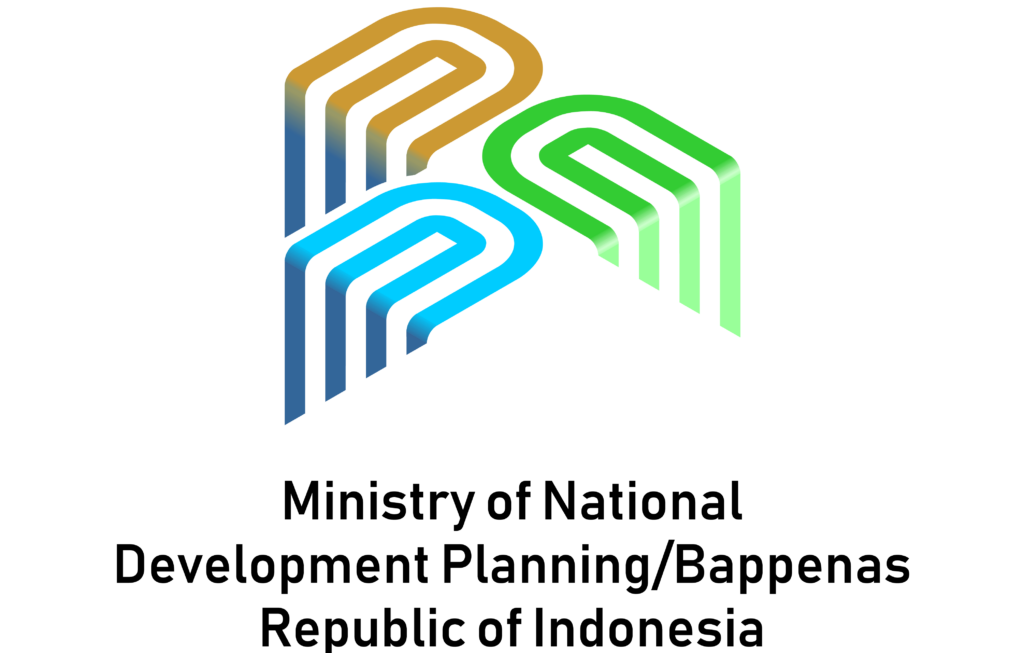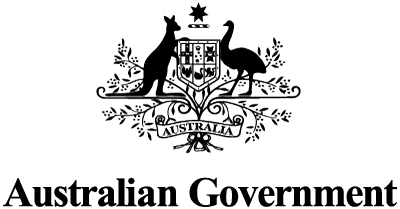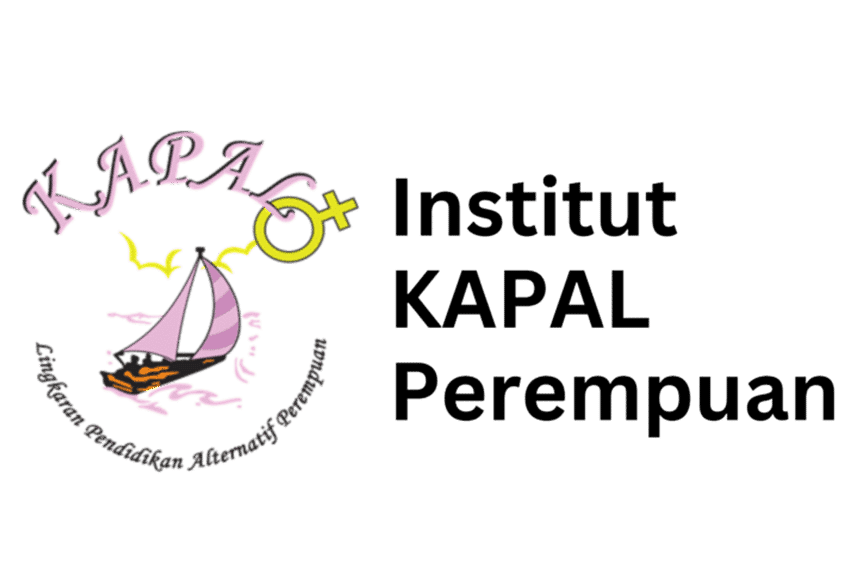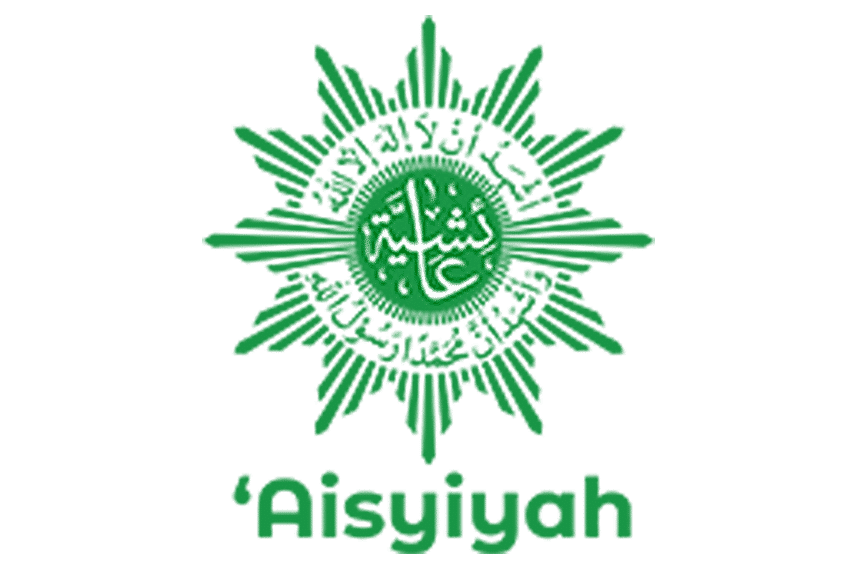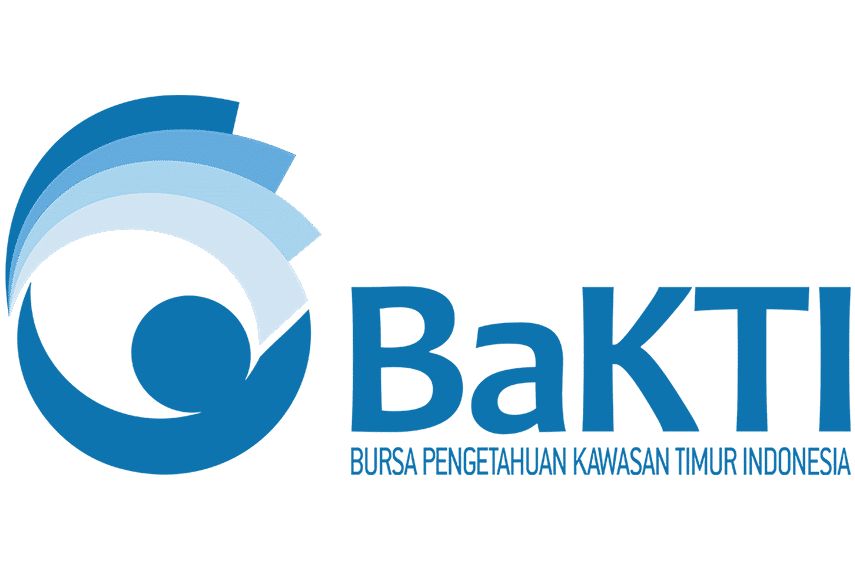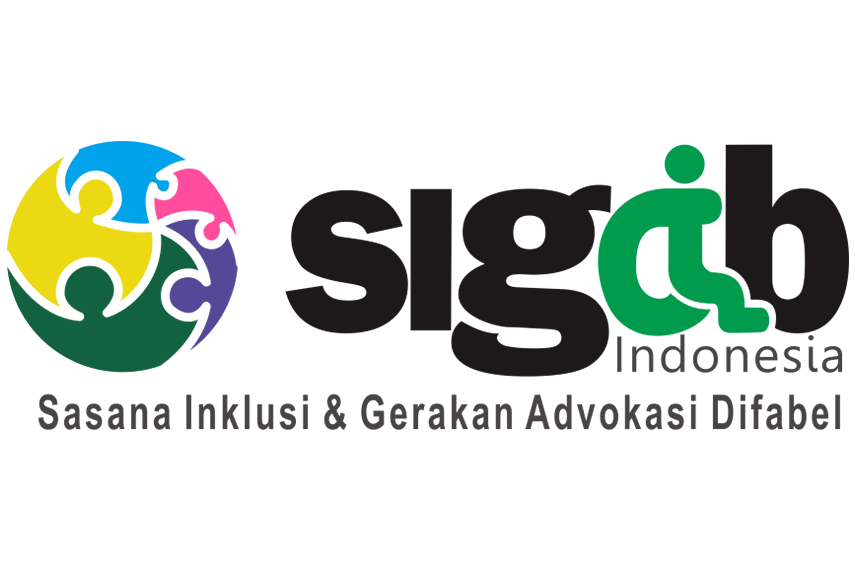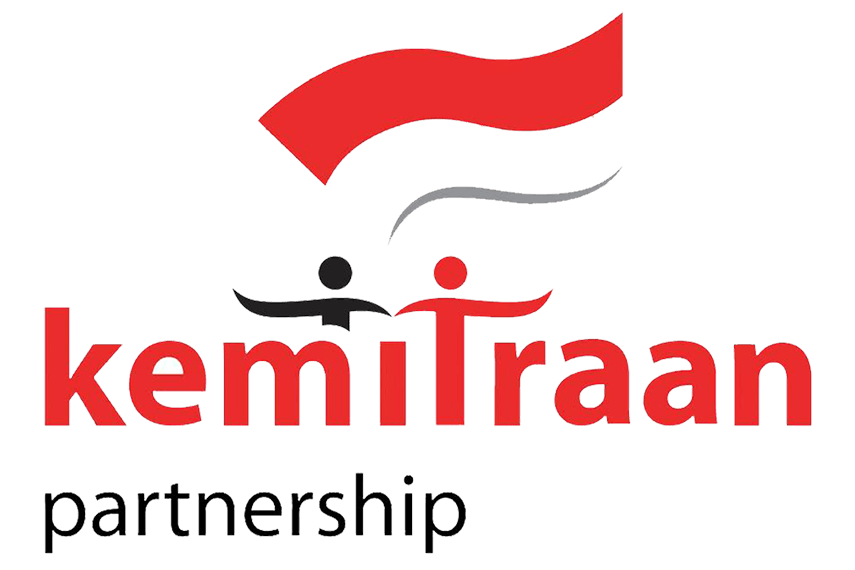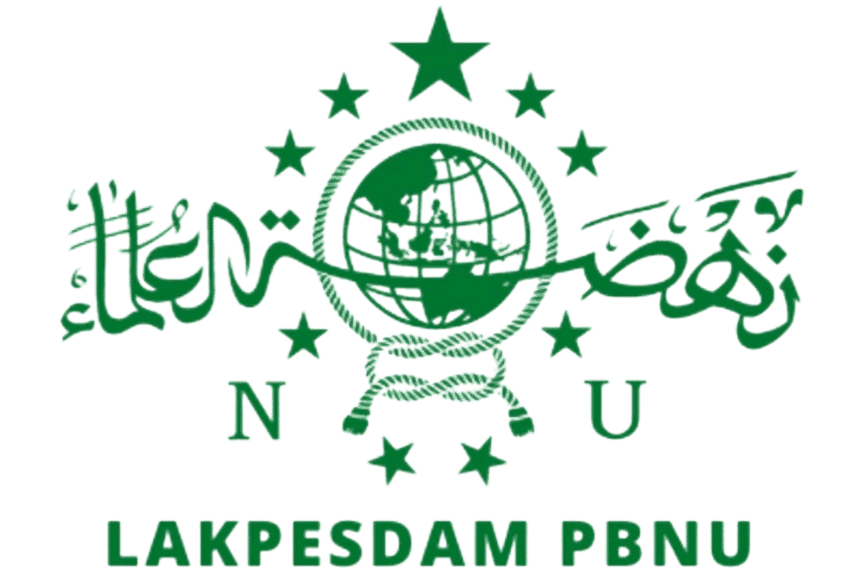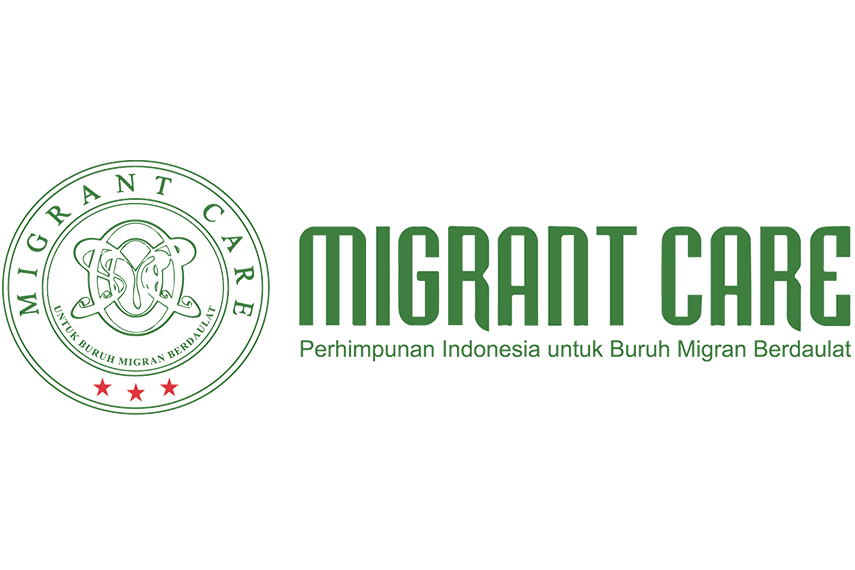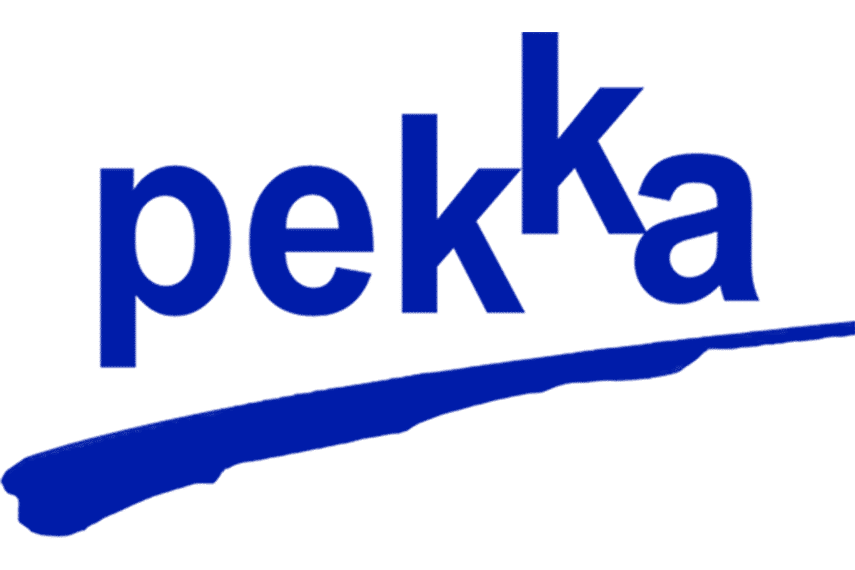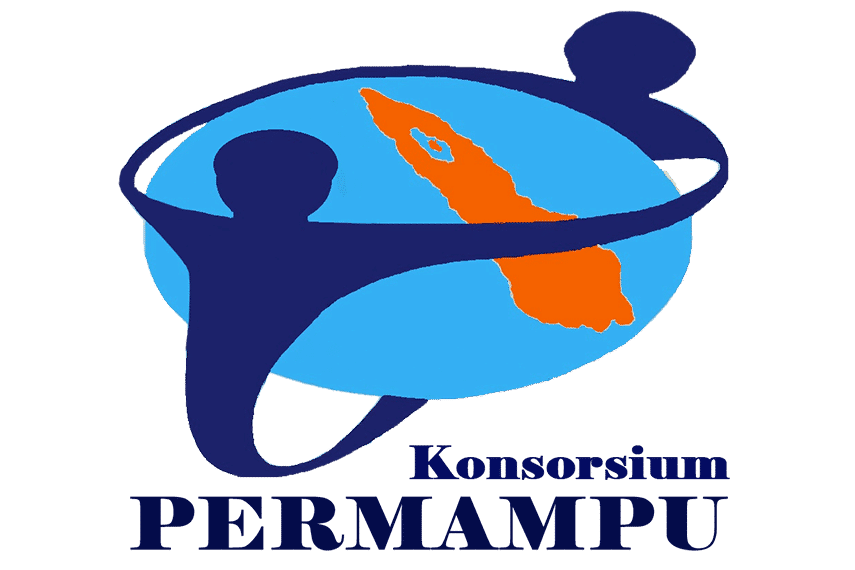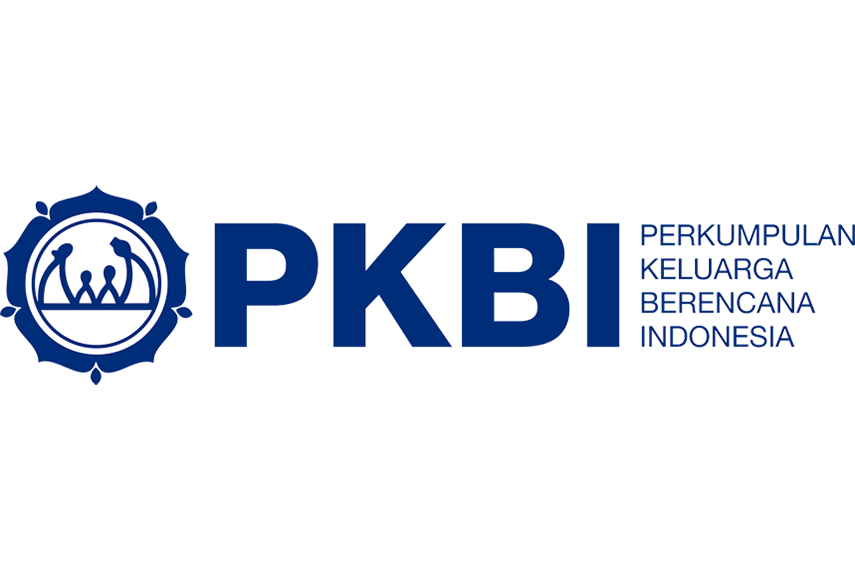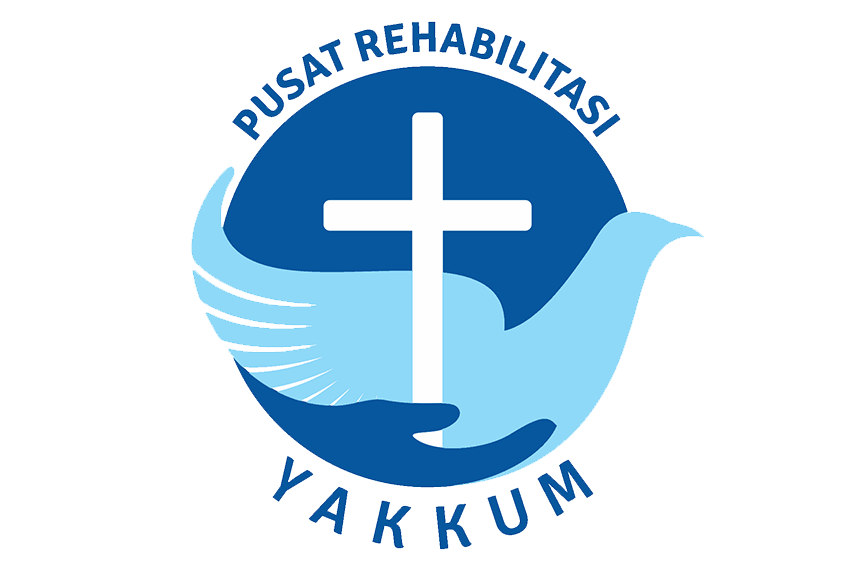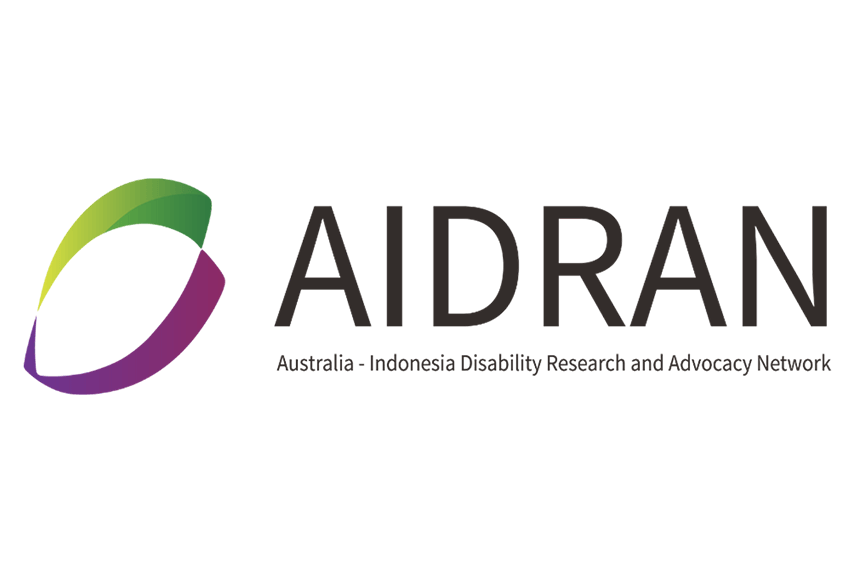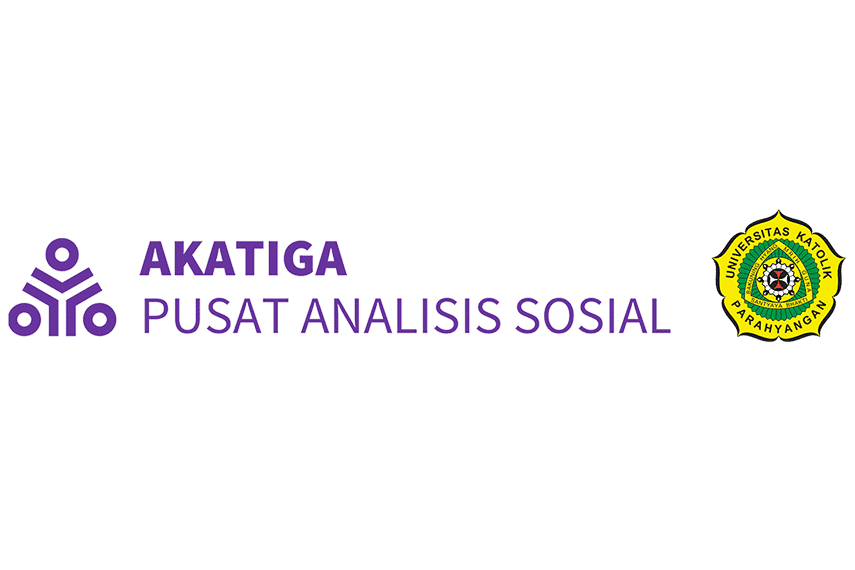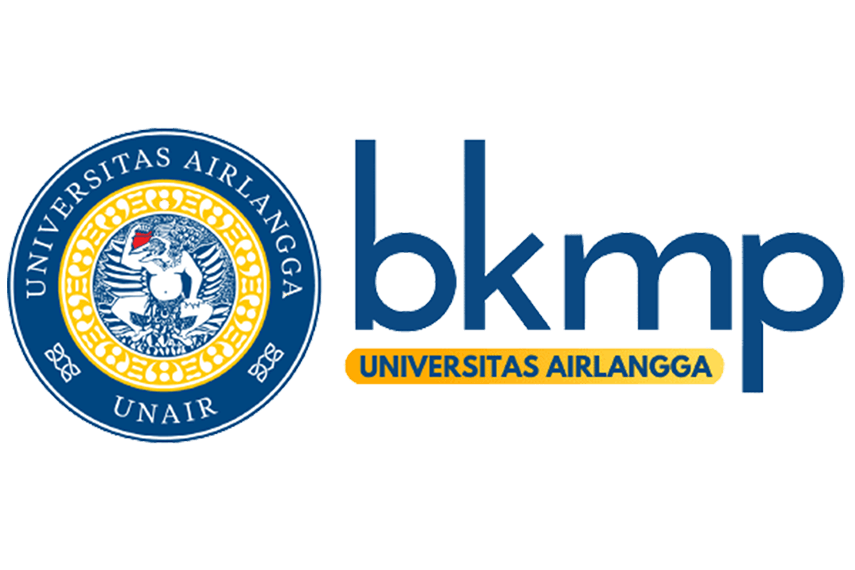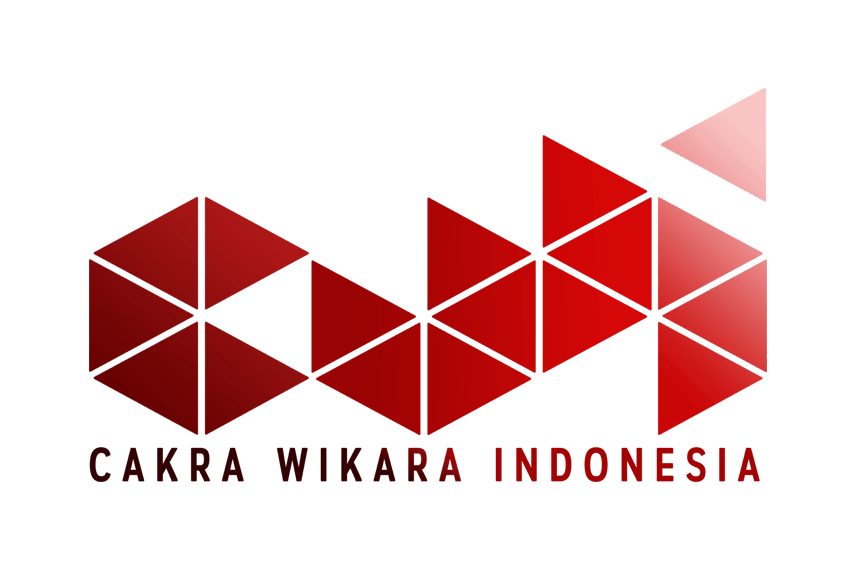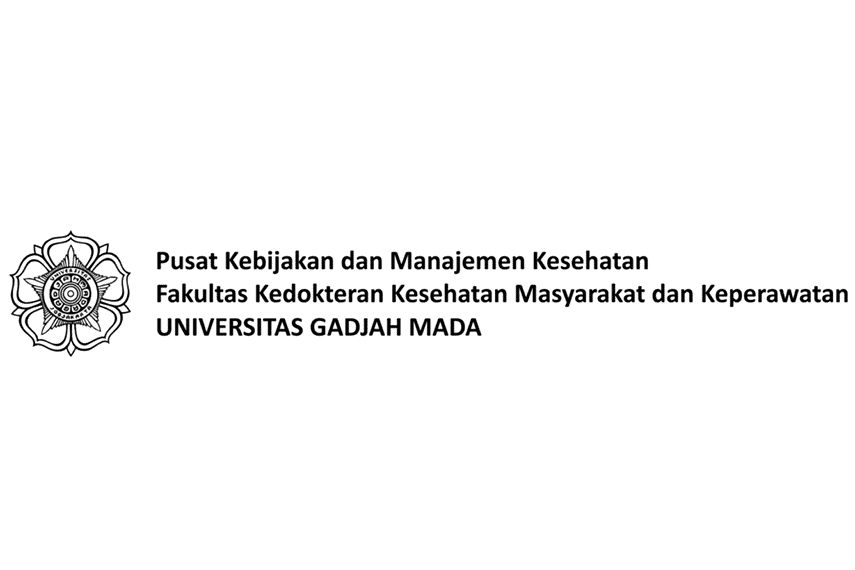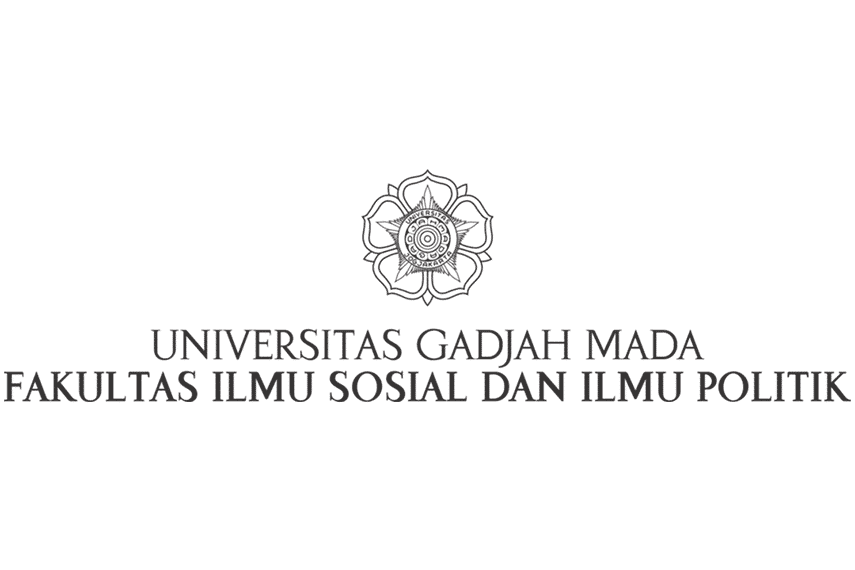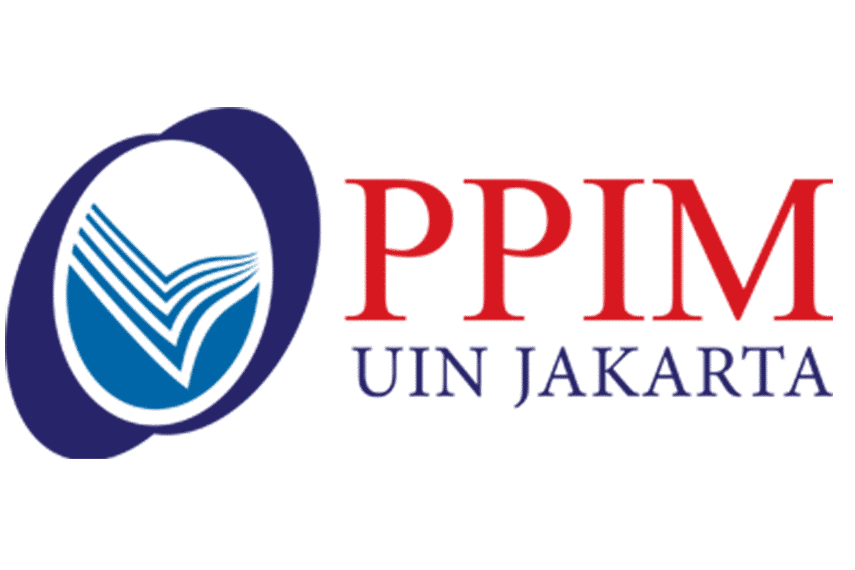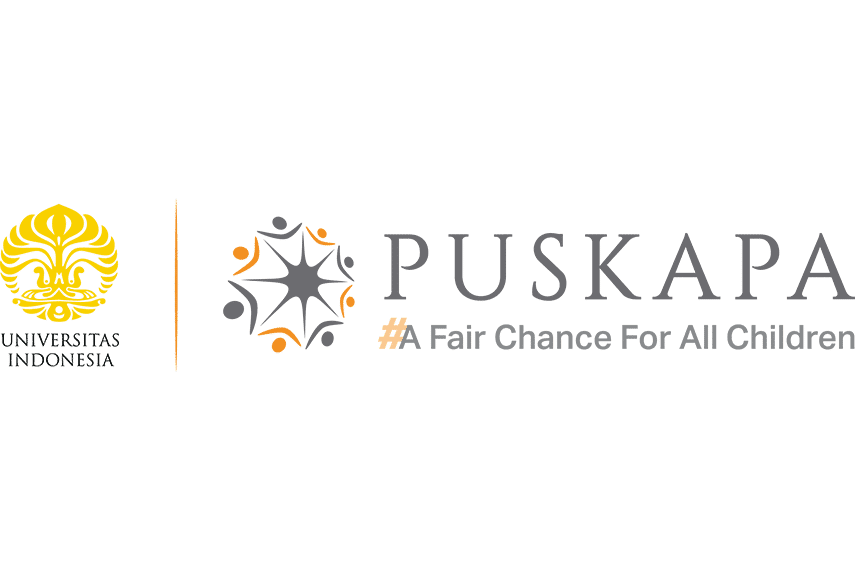Program’s Goals
Improving women’s access, critical awareness, participation, control, and leadership that will influence gender equality and improve welfare for women, people with disabilities, and marginalised groups.
Program’s Focus
- Legal identity
- Social security
- Violence against women
- Child marriage
- Women’s economic recovery
- Participation of women, PWDs, and marginalised groups in decision making
Program Strategy
KAPAL Perempuan aims to improve women’s access, critical awareness, participation, control, and leadership that contributes to the welfare and justice for women, people with disabilities, and marginalised groups by implementing the following strategies:
- Capacity strengthening through empowering marginalised women to strengthen women’s participation and leadership
- Data-based advocacy on GEDSI, namely the data from monitoring
- Development of GEDSI Resource Center that is based on the experiences of women, people with disabilities, and marginalised groups
These various strategies are applied to ensure that more women and marginalised groups will benefit from the social, economic, and political opportunities in Indonesia.
Activities
Women’s School (Sekolah Perempuan)
Sekolah Perempuan is a grassroot women empowerment initiative that aims to overcome various challenges faced by women, such as limited access to education, poverty, discrimination, violence, and heavy domestic responsibilities. Sekolah Perempuan’s curriculum focuses on building critical awareness, leadership skills, and commitment to social transformation so that marginalised women can improve their voices and influence in decision-making. The main goal of Sekolah Perempuan is to build women’s leadership capacity through raising critical thinking, life skills, solidarity, and continuous learning.
Complaint Post (Pos Pengaduan)
Pos Pengaduan was established by Sekolah Perempuan to address complaints regarding access to essential services, such as the ownership of identity cards and being accepted to social protection programs. Besides receiving complaints, the Complaint Post also provides assistance and referrals for cases that need to be followed up. In collaboration with the government, the Complaint Post bridges the gap in access to public services, such as legal identity, disability assistance, and health services, including free IVA tests. Its volunteers also address cases of violence against women and child marriage and socialize about social protection programs in the community.
Economic Development
The initiative aims to build the economic independence of marginalised women through cooperatives and support the individual and group businesses of Sekolah Perempuan members. The cooperative’s profit is used to fulfill the economic needs of the members, support victims of violence, and conduct various social activities that benefit the local community, which in turn will further strengthen the positive contribution of Sekolah Perempuan.
Inclusive participation in policy advocacy
KAPAL Perempuan encourages the participation of women and marginalised groups in development planning through National Women’s Deliberation (Munas Perempuan), Village Development Planning Deliberation (Musrenbangdes), and advocacy for the implementation of Anti-Sexual Violence Law (UU TPKS). KAPAL Perempuan actively participates in ensuring that issues related to Gender, Disability, and Social Inclusion (GEDSI) are integrated into inclusive policies at the national and subnational levels.
Development of GEDSI-based Resource Center
This initiative aims to develop the GEDSI Resource Center, which will focus on the experiences of women, people with disabilities, and marginalised groups. The Resource Center was designed to support civil society organisations (CSOs) and other institutions in accessing documents, data, and services related to women empowerment and data-based advocacy.
Expected outcomes
- Village and district governments are able to integrate GEDSI perspective into planning, budgeting, and monitoring to increase access of women, people with disabilities, and marginalised groups to legal identity, social security, violence handling, economic recovery, and participation in decision making.
- National and subnational governments adopt the women empowerment model and improve their policies and services to increase access for women, people with disabilities, and marginalised groups to legal identity, social security, violence handling, and economic recovery.
- Civil society organisations and other institutions can access documents and services related to women empowerment, data-based advocacy, and multistakeholder collaboration that hold gender, disability, and social inclusion perspectives.
Achievements
Throughout the INKLUSI Program implementation until July 2024, Kapal Perempuan has achieved the following:
- 28 Complaint Posts were established and received complaints related to access to essential services, such as ownership of legal identity, social protection programs, including social security, and various problems faced by marginalised women
- >3,600 marginalised people accessed the services provided by the Complaint Post, with support from INKLUSI
- >3,640 marginalised people accessed government services and other external services
- >2,600 marginalised people received capacity-building trainings to participate in public decision-making forums or processes
- >840 marginalised people participated in public decision-making processes or forums
- >470 community-based economic groups were established and operated with INKLUSI’s support. These figures include, among others, group businesses, individual businesses, and cooperatives.
- >940 marginalised people who are members of the community-based economic groups were established and operate
Improvement of Data Quality
- The generation of village data related to gender gap, disability, and social inclusion through Participatory Rural Appraisal (PRA), which were then used by village heads to conduct village planning in 27 beneficiary villages and 12 beneficiary districts/cities
Supports for Inclusive Government Planning
- Conduct support to monitor the participation of marginalised groups, including people with disabilities and the elderly, in elections.
Capacity Strengthening in Political Participation and Public Decision Making
- >4,420 women, including women with disabilities, participated in the collective action named the National Women Deliberation (Musyawarah Perempuan Nasional).
- Together with the other INKLUSI Partners, KAPAL Perempuan collaborates with the Ministry of Women Empowerment and Child Protection (MWECP (KPPPA)) and Bappenas to formulate 9 policy proposals focusing on GEDSI issues for the RPJMN (National Mid-Term Development Plan) and RPJMD (Subnational Mid-Term Development Plan) in the selected regions.
Supporting the Issuance and Implementation of Policies and Programs
- Supporting the implementation of Women and Child-friendly Village (Desa Ramah Perempuan dan Peduli Anak/DRPPA) in 14 villages, and the discussions on Village Regulations and District Chief Regulation on DRPPA, particularly in East Lombok and Gresik Districts.
- Supporting the issuance of District Chief (Bupati) Regulation (Perbup) on the use of Village Budget of 202regulation, particularly in Lumajang District.
Establishing and strengthening the Local Technical Implementing Unit for Women and Child Protection (UPTD PPA)
- Establishing and strengthening the Local Technical Implementing Unit for Women and Child Protection (UPTD PPA) to ensure that they function properly while applying GEDSI perspective in victim protection in 12 districts/cities in the beneficiary areas
- Conducting various trainings for the facilitators of the victims of violence against women
Establishing communication and information channels for marginalised women in remote areas
- Developing the Community Radio of Sekolah Perempuan in North Lombok and Sabutung Island (Mattiro Kanja Village), Pangkep, to provide information and education for marginalised women in remote areas. The radio also serves as a remote learning platform for the students during COVID-19 outbreak, provides information and consultation related to women issues, and is also a complaint platform.
